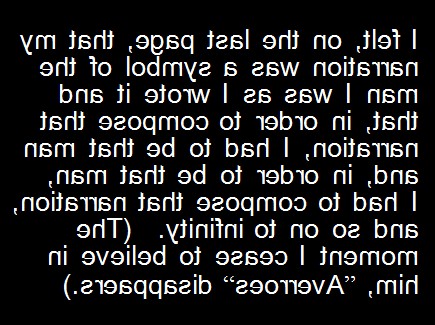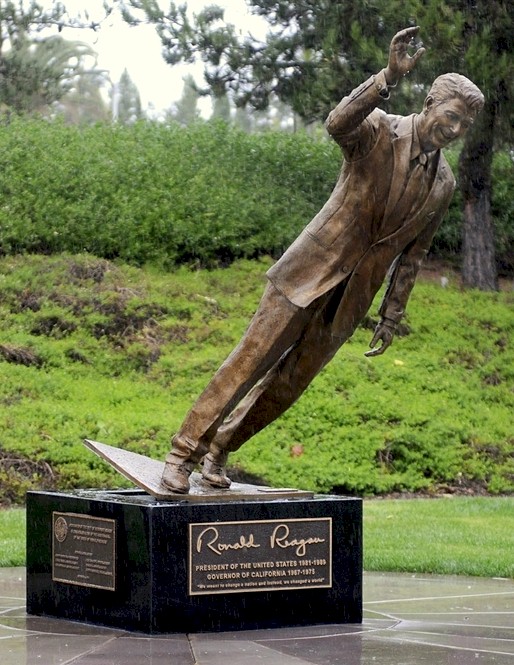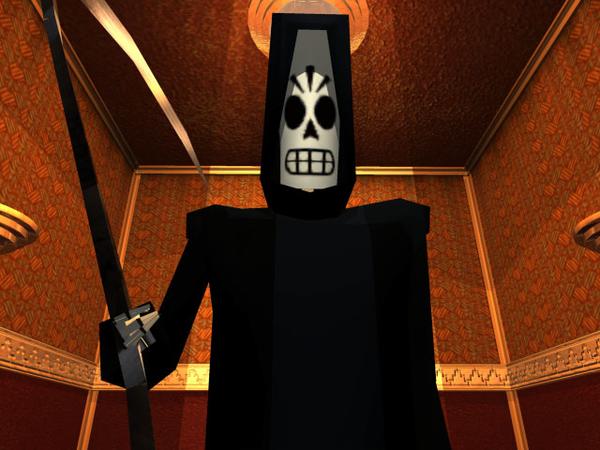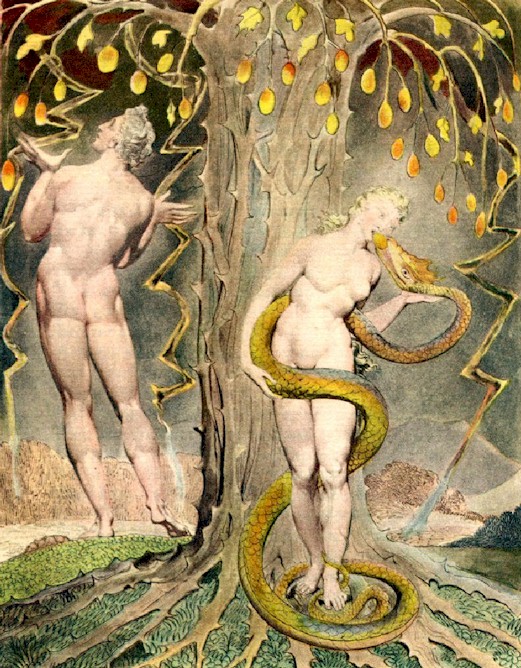 10:20 am
10:20 am
Scene: [A narrow street in 12th century Cordoba, Spain. Two men are huddled together, tussling over a cracked mirror. They are fighting but palpably they are not angry. These men are close in age and have known each other since childhood.]
Abulguailid Muhammad Ibn-Ahmad ibn-Muhammad ibn-Rushd (aka Benraist, Avenryz, Aben-Rassad, and regionally Averroes): Give it back!
Moses Maimonides: No!
Averroes: [letting go suddenly so the mirror strikes Moses Maimonides in the chest] Fine. Go ahead and try. But you know you can’t reach him without me.
Moses Maimonides: (defeated, with a sigh) Together then. But I speak first.
Averroes: Agreed. Now make room, I can’t see.
Moses Maimonides: That better?
Averroes: Yes. Ok go.
Together: We call upon the ani
Moses Maimonides: Stop! I’m speaking first.
Averroes: Fine. Agreed. Let’s get on with it.
Together: We call upon the anima mundi, the great soul of the world, to show us in this mirror the face of the one we most believe, the seeker of pure truth.
[The face of Aristotle appears in the mirror. He is irritated.]
Aristotle: You two again. Sheesh, can’t you leave a man in peace? What do you want now? I’m busy. Aquinas and I were trying to prove some nonsense of his with algebra over lunch. Well, he was having lunch, I was in the mirror. So what now?
Averroes: I have found two words in your Poetics that I do not understand.
Moses Maimonides: No. Stop. Don’t listen to him. We want to ask you about resurrection. I think that once we are dead that’s it for the body. In the world to come we will be souls but won’t need bodies. I’m certain you believe this is true.
Averroes: Incoherence! That is the incoherence of incoherence! There will be no personal immortality; we are all participating in the same intellect. Now as for those words I cannot translate
Aristotle: Have you read nothing I have written. Read first before you bother me! Look. I’m going to give you a piece of advice. Focus on the here and the now. That should be enough for both of you. Stick with the observable and above all, break that mirror and leave me alone!
Averroes: But I must understand! What is the meaning of comedy and tragedy? What are these things?
(In a blaze of pyrotechnics Aristotle makes his exit. Moses Maimonides obediently, and also in an attempt to reach the other side, smashes his face into the mirror. It shatters and in the reflected multiplicities of the shards still falling, Moses Maimonides sees the reflection of Averroes and the bloody mess of his own face, perplexed, gently disappear.)
 10:17 am
10:17 am 10:36 am
10:36 am 10:20 am
10:20 am 9:12 am
9:12 am 8:27 am
8:27 am